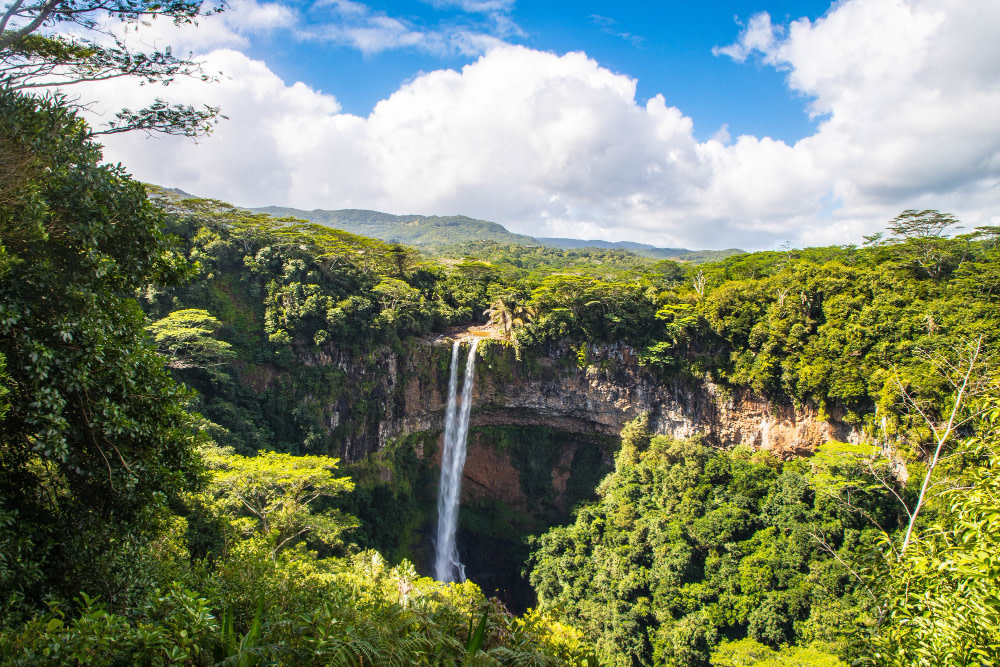Making the Difference for Biodiversity
ING Groep NV

Biodiversity, or the variety of all living things on our planet, has been declining at an alarming rate in recent years. This is mainly a result of human activity and its consequences, such as soil degradation, deforestation, pollution, and climate change. Reversing this trend by protecting and restoring biodiversity necessitates global concerted and collaborative action, similar to combating climate change.
Between December 7 and 19, 2022, governments from around the world are convening in Montreal, Canada, for the United Nations Biodiversity Conference (COP 15). The conference aims to agree on a new set of goals for nature over the next decade through the Convention on Biological Diversity (CBD).
It is hoped that a global biodiversity framework (and associated broad-based action plan) will be adopted that has the overarching goal of halting biodiversity loss by 2030 and ensuring that it is fully restored by 2050.
ING believes in protecting biodiversity in all its forms. We try to ensure that our operations don't hurt biodiversity too much, and we work with our clients to help them understand the risks of biodiversity loss and find ways to deal with them.
ING’s call to action
Nature is everyone’s business. Healthy societies, resilient economies, and thriving businesses everywhere rely on nature. The financial sector clearly has a role to play. However, to fulfil that role effectively and in a way that accelerates the necessary change, guidance is needed on where we need to go.
We, therefore, call on the governments participating in COP 15 to agree on an approach that creates the clarity and action to align all economic actors, including finance, to halt and reverse nature loss, and contribute to nature-based solutions to climate change, a fair and just transition, and other sustainable development challenges.
More specifically, we seek a robust agreement that will provide a clear mandate for the alignment of financial flows; support the assessment and disclosure of nature-related impacts and dependencies, and provide clear targets and definitions to take action and support the development of a pipeline of nature-positive projects and investments.
We also recognise that climate change and biodiversity loss are intrinsically related and mutually reinforcing crises. Climate change is one of the main reasons for the loss of biodiversity. The destruction of ecosystems makes it harder for nature to control GHG emissions and protect itself from extreme weather, which speeds up climate change and makes nature more vulnerable to it.
That’s why we also call for coordinated action by governments to tackle climate change and halt and reverse biodiversity loss to ensure synergies are taken advantage of and trade-offs are better managed, including across National Biodiversity Strategy Actions Plans (NBSAPs) and Nationally Determined Contributions (NDCs).
We hope that the UN's COP 15 Biodiversity Conference will come up with clear and actionable results. This will give the financial sector the direction it needs and help ING figure out how we can help. In the meantime, we continue to strengthen the integration of biodiversity in our existing risk management and finance frameworks, focusing on the impact drivers of land-use change, exploitation of natural resources (including deforestation), pollution, and climate change.
Source: ING






